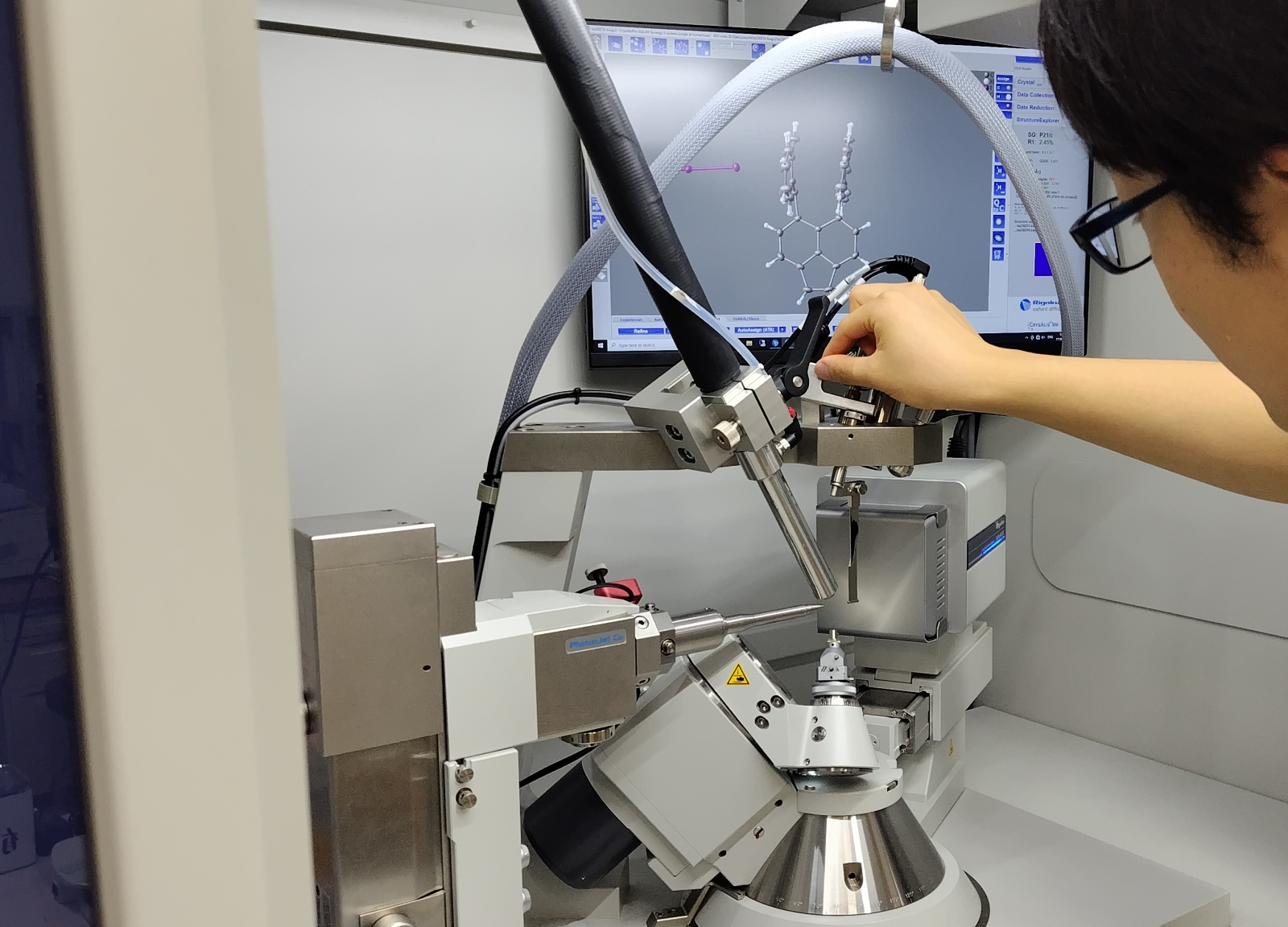The Italian technology and start-ups are having an interesting season. There have been some international initiatives in which Italy gave (and is giving) its best, at least in terms of technology: this could be seen as the first results of the renewed interests of the Italian government in a structured international scientific cooperation, through an implementation of the net of its scientific attachés and its scientific cooperation programs in Asia. Two events have been particularly interesting during the last months, one held at the Hong Kong Science Park and the other one in Brussels.
A successful landing in Hong Kong
First of all, Italian research institutions experienced a winning participation to the Soft-landing program for technology and innovation collaboration of the Hong Kong Science Park Corporation (HKSPC) – the Asian city’s provider of R&D facilities, infrastructure, and services for technological start-up. The Soft-landing program is a two-year program financed by the Hong Kong government to attract overseas start-ups to promote their technology, set up strategic outposts and foster collaboration between academia and industry. According to the Italian Foreign Ministry, “the participation of our country, in fact, has been qualitatively and quantitatively very important so far”. In total, 250 proposals have been submitted for the program from 26 research centers from all around the world, 70 of which from Italian entities. Among them, the Evaluation Committee has approved four Italian projects.
Winning technologies
Three out of four winning projects come from the university of Perugia. The aim of the project called Micro and Nano Energy Harvesting is the prototype of a new class of micro-powering systems to integrate the standard existing batteries even in electronic mobile devices. These systems is based “on the exploitation of energy present in the ambient (e.g. vibrations) and its conversion into electric power by using non-linear dynamics approach”. The second project, called Pulse-Compression Ultrasonic Technique for Non Destructive Testing Inspection of Forged Steel with High Attenuation, deals with large forged steel structures inspection, by developing a pulse-compression device for the ultra-sonic compression. Then, the third project presented by the University of Perugia is SCER – The Italian Acronym for Development of a New Renewable-Energy Conditioning System for Commercial Buildings, which is meant to provide a system aimed to reduce the energy consumption due to cooling, heating and electric power requirements in the large industrial and commercial buildings. The fourth project, subscripted by Isomorph srl, a private enterprise based in Trieste, is called Solar Pyrolysis with the Linear Mirror II and develops a pyrolysis system to heat bio-mass (hay) in absence of oxygen, producing gas and carbon with no CO2 emissions.
TechItaly 2014
In parallel, some days ago, in Brussels, started, TechItaly 2014 Boosting European Growth through Investments on Innovation, which is meant to be the arena where Italian research in technology and the global challenges designed by Horizon 2020 can merge, in order to create jobs and economic growth. In other words, TechItaly is “a unique opportunity to mobilize public and private sectors to transform global challenges into economic opportunities”. Structured as a series of four workshops (that will end in December, later this year), participants are asked to match the most updated technologies and advanced researches with the industrial needs. The first round has been held at the European Parliament in Brussels the 25th of past September. The opening ceremony was introduced by the Italian Vice-President to the EU Parliament, David Sassoli, the Vice-President of the ITRE commission, Patrizia Toia, the Italian Ambassador Alfredo Bastianelli and the president of the Italian Institute for Foreign Commerce (ICE), Riccardo Monti. This kickoff meeting, divided in three parallel roundtables, was titled Transforming Global Challenges in Opportunities for Growth, clearly linked with the Horizon 2020 Societal Challenges programs. The first roundtable dealt with cyber-security, the second with demographic changes and the third with raw materials. The next sessions will be hold in November (the 11th) and will deal with Food Safety – in view of the forthcoming Expo 2015 – and (November 25th) Cultural Heritage. Finally, in December 3rd, the last session dedicated to Innovative Infrastructure. The events are organized and sponsored by the Italian Foreign Ministry, in the framework of the Presidency of the Council of the European Union.


